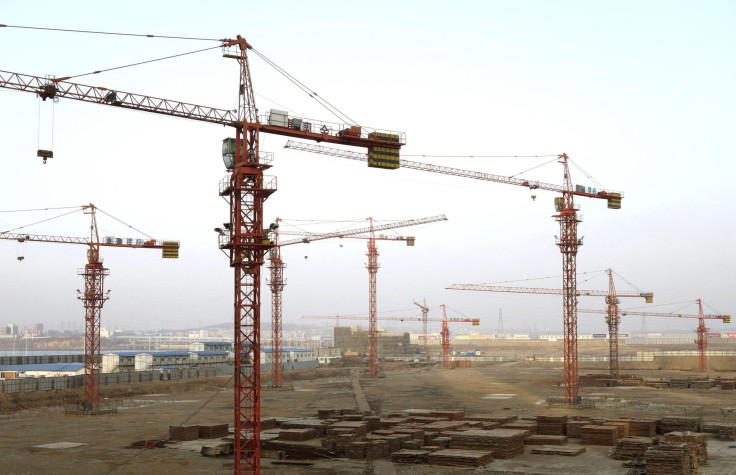China's Official PMI Slips To Eight-Month Low In November

(Reuters) - Growth in China's manufacturing sector slowed to an eight-month low in November, suggesting the world's second-largest economy is still losing momentum and more policy easing may be needed in addition to a surprise interest rate cut last month.
The official Purchasing Managers' Index (PMI) eased to 50.3 last month, the National Bureau of Statistics said on Monday, still indicating a modest expansion in activity but below forecasts for 50.6 and October's 50.8.
The data came after China cut interest rate unexpectedly on Nov. 21, stepping up efforts to support an economy that is heading towards its slowest expansion in nearly a quarter of a century, saddled under a mountain of debt.
The economy grew 7.3 percent in the third quarter of this year, its slowest pace since the global financial crisis, and risks missing the government's official target for the first time in 15 years, adding to concerns that it is becoming a drag on global growth.
"The continued decline in the November PMI indicated that economic growth is still in a downward trend," Zhang Liqun, an economist at the Development Research Centre, said in a statement.
Monday's PMI survey, which is biased towards large, state-owned factories, showed that demand for Chinese goods was stronger in China than abroad.
The new orders sub-index, a proxy for foreign and domestic demand, stood at 50.9, down from 51.6 in October, but still above the 50-point mark that demarcates growth from contraction on a monthly basis.
The new export orders sub-index slipped to 48.4, down 1.5 percentage points from October and indicating orders had fallen on a monthly basis.
A preliminary PMI survey released last week by HSBC/Markit showed growth in the manufacturing sector stalled in November, with output contracting for the first time in six month, adding to signs that the economy was losing traction.
Monday's official PMI also showed factory employment shrank in November, leaving the employment sub-index at 48.2.
Beijing is aiming to grow the economy by around 7.5 percent in 2014, though a run of weak data so far this year has led many analysts to predict that growth would fall short of that target.
© Copyright IBTimes 2024. All rights reserved.











